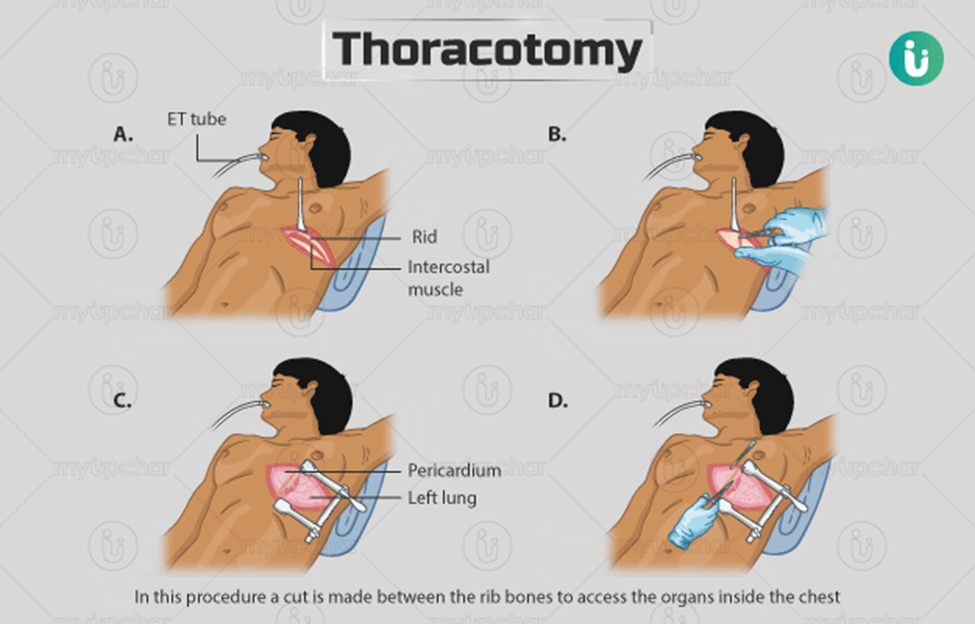Which action should the nurse implement to reduce the risk of vesicant extravasation in the client who is receiving intravenous chemotherapy?
Instruct the client to drink plenty of fluids during the treatment.
Keep the head of the bed elevated until the treatment is completed.
Monitor the client's intravenous site hourly during the treatment.
Administer an antiemetic before starting the chemotherapy.
The Correct Answer is C
A. Instruct the client to drink plenty of fluids during the treatment.
This option focuses on hydration, which is generally important during chemotherapy to flush out toxins and maintain overall health. However, it does not specifically address the risk of vesicant extravasation.
B. Keep the head of the bed elevated until the treatment is completed.
Keeping the head of the bed elevated is a measure that may be taken for certain conditions or treatments, but it is not directly related to preventing vesicant extravasation.
C. Monitor the client's intravenous site hourly during the treatment.
This is the correct choice. Monitoring the intravenous site for signs of extravasation, such as swelling, redness, or pain, is crucial when administering vesicant chemotherapy drugs. Early detection allows for prompt intervention to minimize potential tissue damage.
D. Administer an antiemetic before starting the chemotherapy.
Administering an antiemetic (a medication to prevent or alleviate nausea and vomiting) is important for managing side effects of chemotherapy, but it does not specifically address the prevention of vesicant extravasation.
Nursing Test Bank
Naxlex Comprehensive Predictor Exams
Related Questions
Correct Answer is B
Explanation
A. Administer a prescribed sedative:
Sedatives may depress the respiratory drive, which can be detrimental in a client with respiratory distress. It is not the appropriate intervention in this case.
B. Assist the client to an upright position.
Positioning the client upright helps improve respiratory mechanics by reducing the pressure on the diaphragm and allowing better lung expansion. This position can enhance the efficiency of breathing and alleviate symptoms of breathlessness.
C. Encourage the client to drink water:
While maintaining hydration is important, it may not directly address the immediate respiratory distress. Addressing the respiratory symptoms with an upright position is more crucial at this moment.
D. Apply a high-flow venturi mask:
While oxygen therapy may be necessary for a client with COPD experiencing respiratory distress, the first step is to assist the client to an upright position to improve respiratory mechanics. Applying a high-flow venturi mask may be a subsequent intervention based on the overall assessment, but positioning is the initial priority.
Correct Answer is B
Explanation
A. Administer intravenous fluid bolus as prescribed by the healthcare provider.
While hydration is important, the vital signs provided (elevated heart rate and respiratory rate) are more indicative of potential respiratory distress. Administering fluids may be indicated in certain situations, but it may not address the immediate concern of compromised oxygenation.
B. Apply oxygen at 10 L via non-rebreather mask and monitor pulse oximeter.
This is the correct choice. The client's elevated heart rate and respiratory rate suggest the need for improved oxygenation. Applying oxygen at a high flow rate via a non-rebreather mask is an immediate intervention to address potential respiratory compromise. Monitoring the pulse oximeter provides real-time feedback on oxygen saturation.
C. Medicate for pain and monitor vital signs according to protocol.
Pain management is an important aspect of post-operative care, but the immediate concern in this scenario is the potential for respiratory distress. Administering pain medication alone may not address the primary issue.
D. Encourage the client to splint the incision with a pillow to cough and deep breathe.
While encouraging the client to cough and deep breathe is important for post-thoracotomy care, the elevated vital signs suggest a need for more immediate intervention to ensure adequate oxygenation. Applying oxygen and monitoring the pulse oximeter take precedence.

Whether you are a student looking to ace your exams or a practicing nurse seeking to enhance your expertise , our nursing education contents will empower you with the confidence and competence to make a difference in the lives of patients and become a respected leader in the healthcare field.
Visit Naxlex, invest in your future and unlock endless possibilities with our unparalleled nursing education contents today
Report Wrong Answer on the Current Question
Do you disagree with the answer? If yes, what is your expected answer? Explain.
Kindly be descriptive with the issue you are facing.
